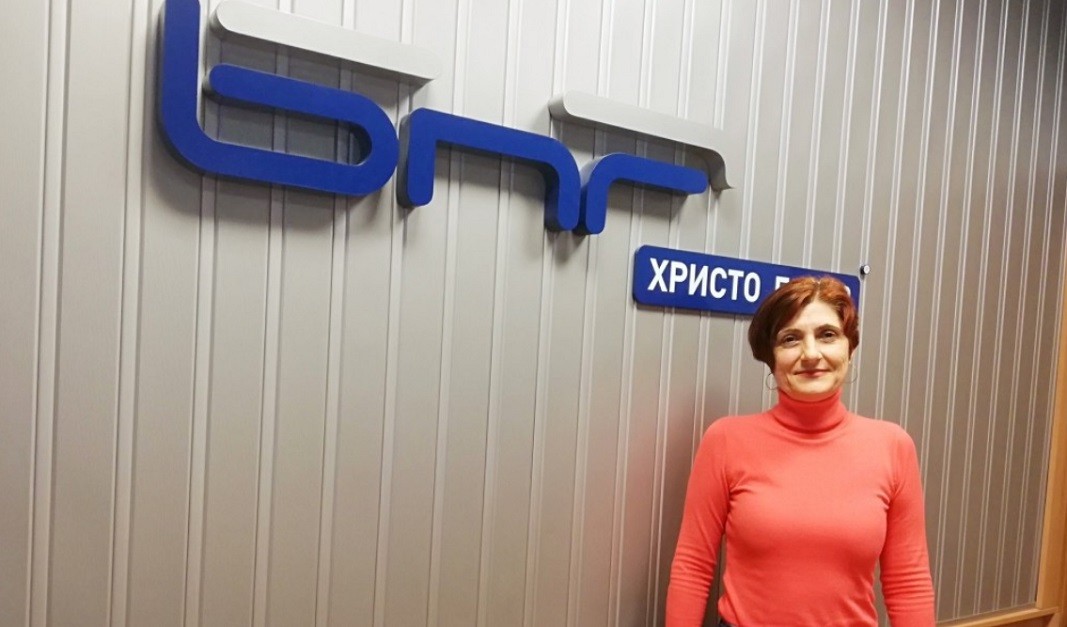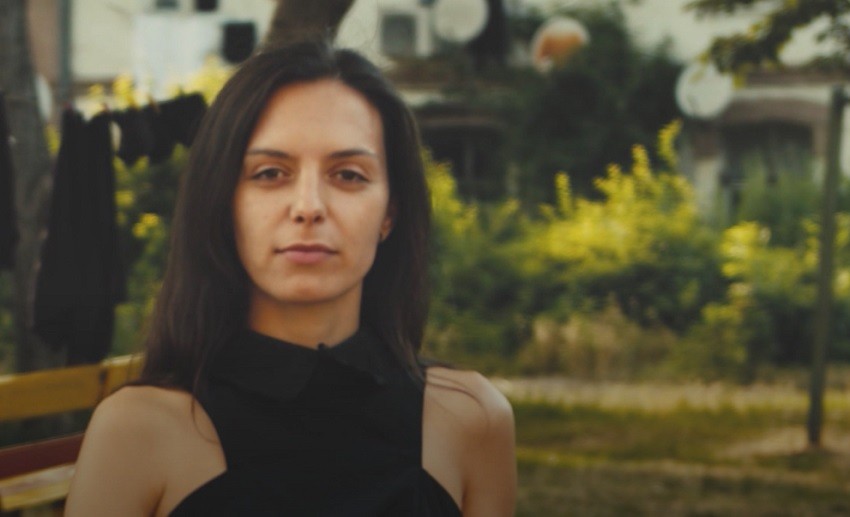War, peace, fear, humility, empathy, love are the words that were in people’s thoughts and vocabulary most often during the outgoing year.
Empathy, love and humility are virtues which shape us as humans and as a society, and this year we have had ample opportunity to demonstrate them – for example, in our treatment of the people fleeing the war in Ukraine, or the people affected by natural calamities in the country, or when 12-year old Aelxander – the autistic boy from Pernik who went missing for 9 whole days, and was finally found by volunteers out in the open, in a forest, a demonstration of the fact that we are able to act together, and with purpose. The prospect of an end to Russia’s war on Ukraine, which has been ravaging Ukrainian territory for 10 months, still seems distant, so words like “war” and “peace” will likely continue to dominate our thoughts in 2023 as well.
Language as a living fabric of society is constantly changing, as is society itself, and as they change, so do the words used most frequently. The media often assert words that are not inherent to our language, contends Pavlina Varbanova, the woman behind a popular spellchecking website.

“What struck me is that the words that dominated the language this year are trivial, words lacking in any specific colouration. To my mind, the dominant words have been war, gas and aggression, and they are connected with social and political events that have had their effect on the language, and from there – on people.”
As to our craving to use language as a weapons to wound instead of encouraging or supporting, Varbanova believes that by speaking the way we do, we only fuel tensions:
“I believe our society is traumatized, but it also self-traumatizing. It is as if we feel a need for self-punishment,” she explains. “For additionally exhibiting our errors and our suffering, thus burdening our own selves and the people around us.”
Here is what Tanya Dimova from the BNR’s culture channel Hristo Botev says about the power of words:

“If we truly know the weight and the meaning words carry, we would use them when they are needed and the way they need to be used. We would know it all comes down to what we are saying, how we are saying it and who we are saying it to. We are constantly grappling with our own selves, and with others, without ever sitting down to think why we are doing it, or who needs it.”
Her work as scriptwriter of documentary films and journalist has meant she is very much aware of the message she wants to convey with her voice on the air, and within the limited time she has in a documentary:
“Documentaries need to be as truthful and objective as they possibly can. There is a personal touch – the angle from which the information is presented,” Tanya Dimova says. “I believe that I do not raise the issues of the day so much as the issues that touch the heart. I have always known that what we are doing at the national radio is the result of teamwork. When you interview someone you are both looking in the same direction, it is like music the listeners can dance to. With documentary film scripts, the music is given visual expression as well. That is why it is so important to think about what particular word to use, so as to supplement what the viewers are seeing.”
“Enthusiasm is a word that contains the elements fervor and rapture,” Tanya says, turning to her favourite subject. “We should love and help one another, we should share, that is what makes us genuinely human. That is why I think enthusiasm is what we most often lack, and the word “enthusiasm” should be the word of 2022, and of every year to come.”
Photos: BNR, archive
The Bulgarian minority in Romania marked a significant event with the official opening of the Bulgarian Inn in the village of Izvoarele (Hanul Bilgarilor), Teleorman County (Southern Romania)- a locality with Bulgarian roots dating back over 200 years...
The 14th edition of DiVino.Taste, Bulgaria’s leading forum for wines and winemakers, will take place from 28 to 30 November at the Inter Expo Centre in Sofia. Over 80 producers from all wine regions will participate, offering tastings of around 600 of the..
Minutes before the second and final reading, at the parliamentary budget and finance committee, of the state budget for 2026, the leader of the biggest party represented in parliament GERB Boyko Borissov halted the procedure and sent the draft bill..

+359 2 9336 661
